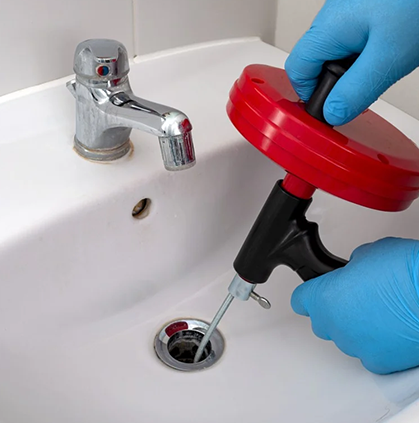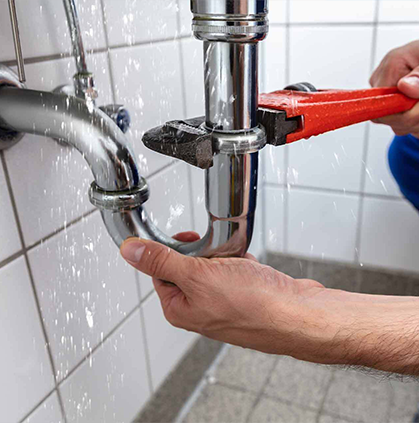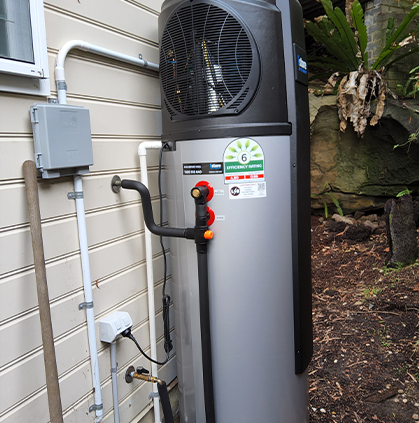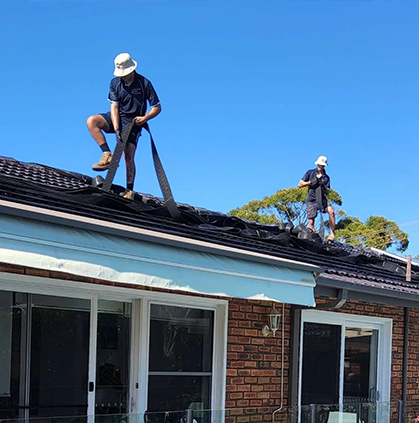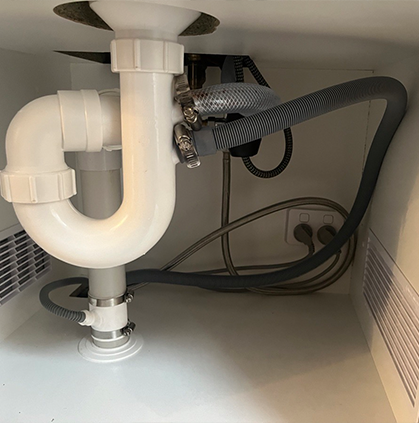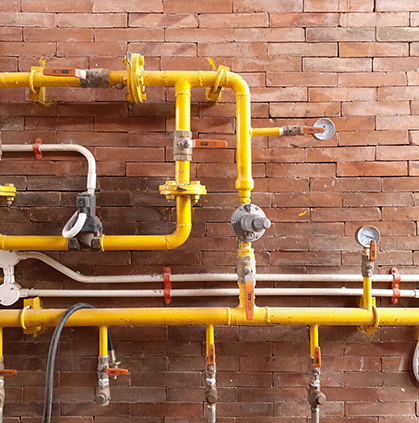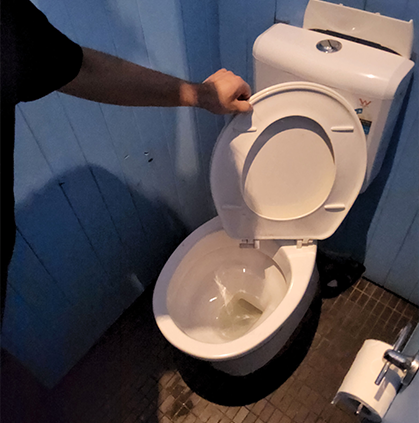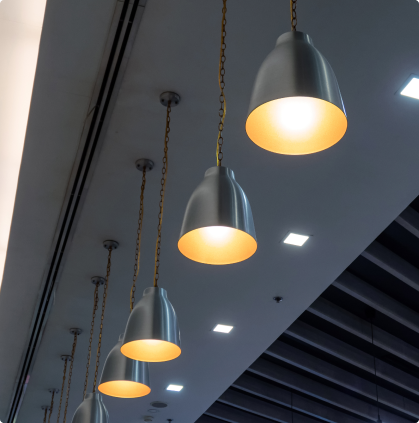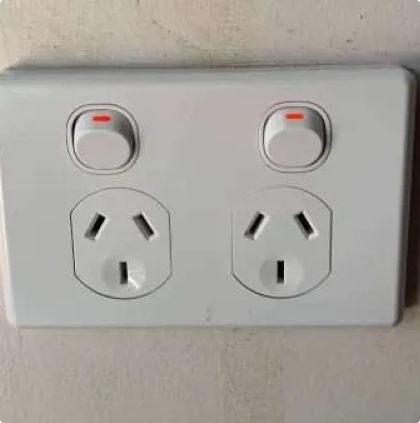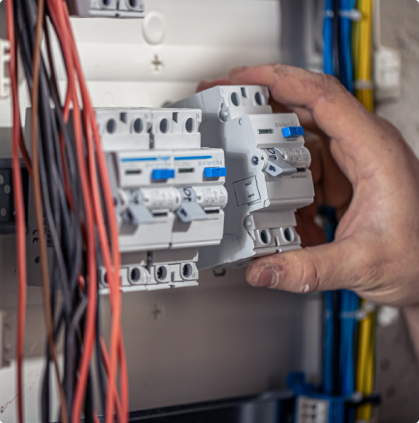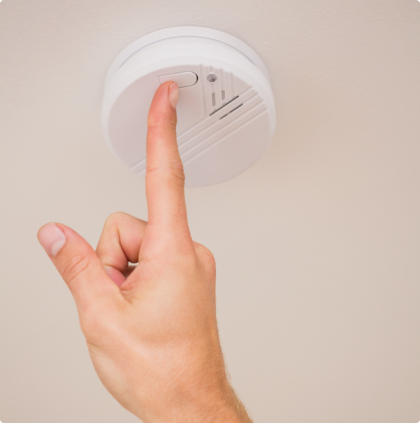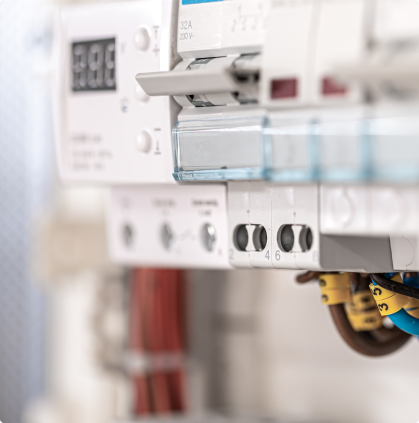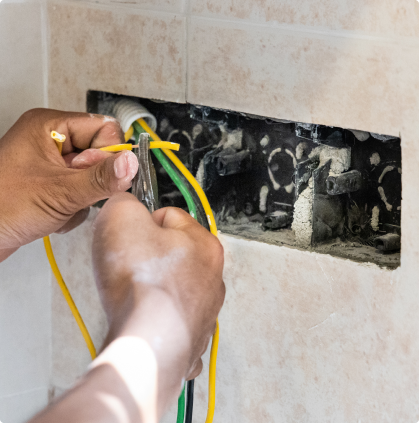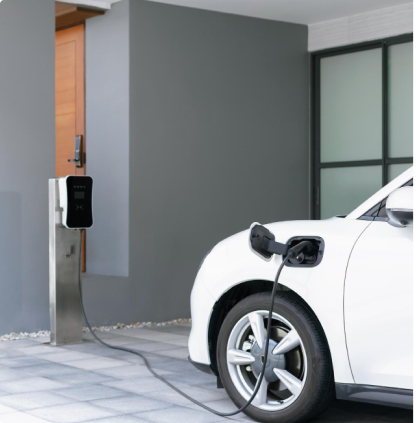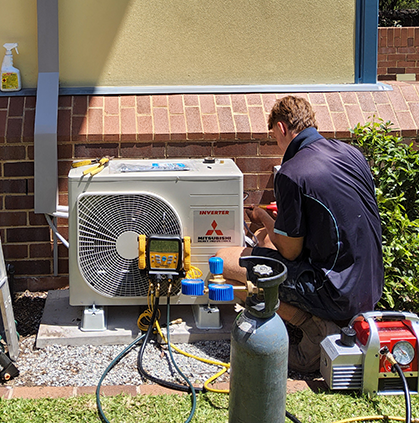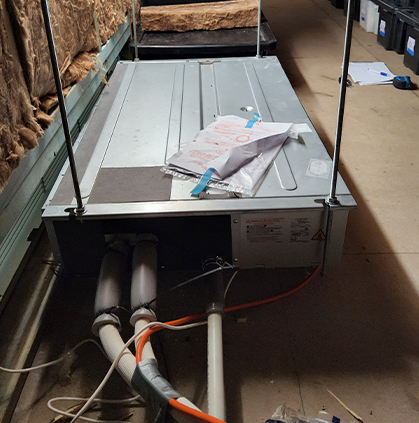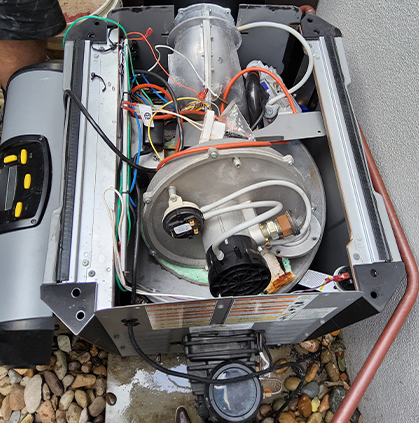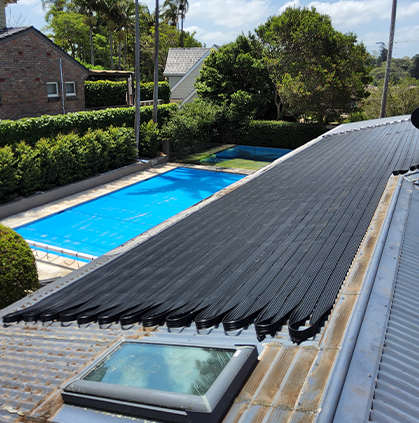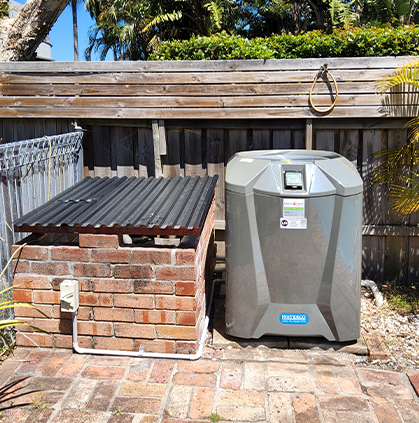How long do AC units last? You might hear that your neighbour’s unit has been running strongly for 15 years, but yours needs replacing after just eight. Why the difference?
Many factors influence an AC’s lifespan. In fact, things happening in your home right now could be shortening your AC’s life by years, and you might not even realise it.
Before you call for air conditioning services, you might want to find out if it’s time to replace the whole system with a new one.
How Long Do AC Units Usually Last?
You can expect your air conditioner to last about 10 to 15 years. That’s based on years of data from HVAC systems that have been well maintained.
However, some units barely make it to seven or eight years, while others keep your home comfortable for 20 years.
It’s not just luck; it comes down to the type of system you have, how well you maintain it, and even your local climate.
Every air conditioner goes through stages. You’ll need regular maintenance in the early years, occasional repairs as parts get older, and a full replacement when the main parts break down.
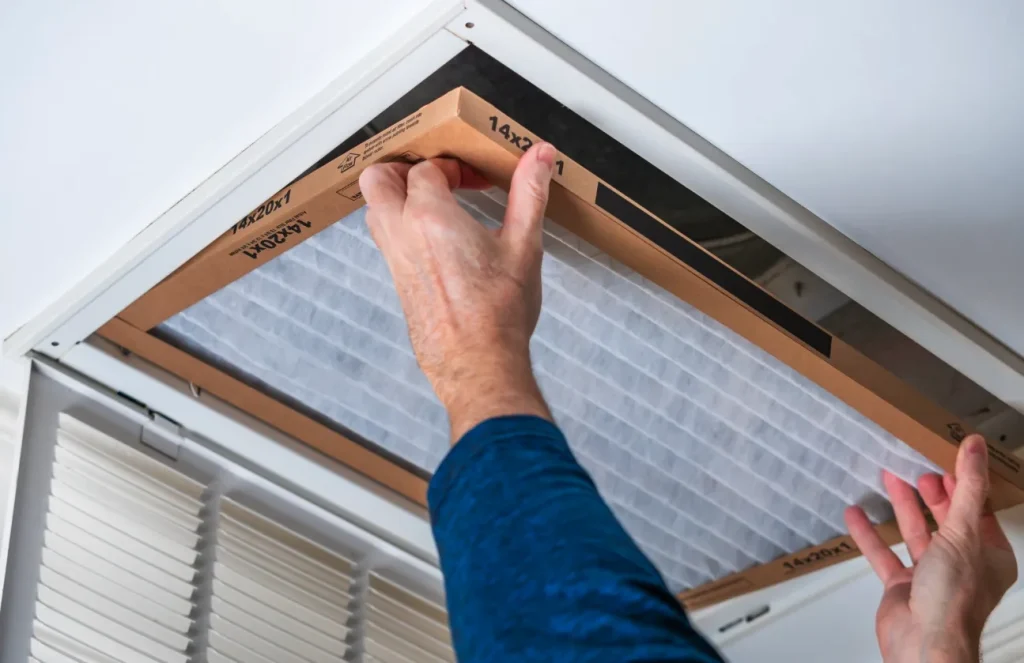
If you have a split systems installation, you can expect 10 to 12 years of reliable service before you start facing major repairs. Regular AC tune-ups aren’t just optional if you want to hit that mark.
If you use a ducted system, it typically outlasts split systems, often reaching 15 to 20 years with regular care. So, if you’re hoping for 30-plus years like the old units from the ’90s, that’s quite rare.
What Can Affect an Air Conditioner’s Lifespan?
How long do AC units last? It really depends on these factors in your AC system:
1. Proper Installation Makes All the Difference
Your AC’s lifespan isn’t just about the unit parts. Even the best models won’t last if they’re installed like a DIY project gone wrong.
Is your unit the right size? Too big, and it’s a constant cycle of start-stop, stressing the compressor. Too small, and it’s running non-stop, like it’s chasing its tail.
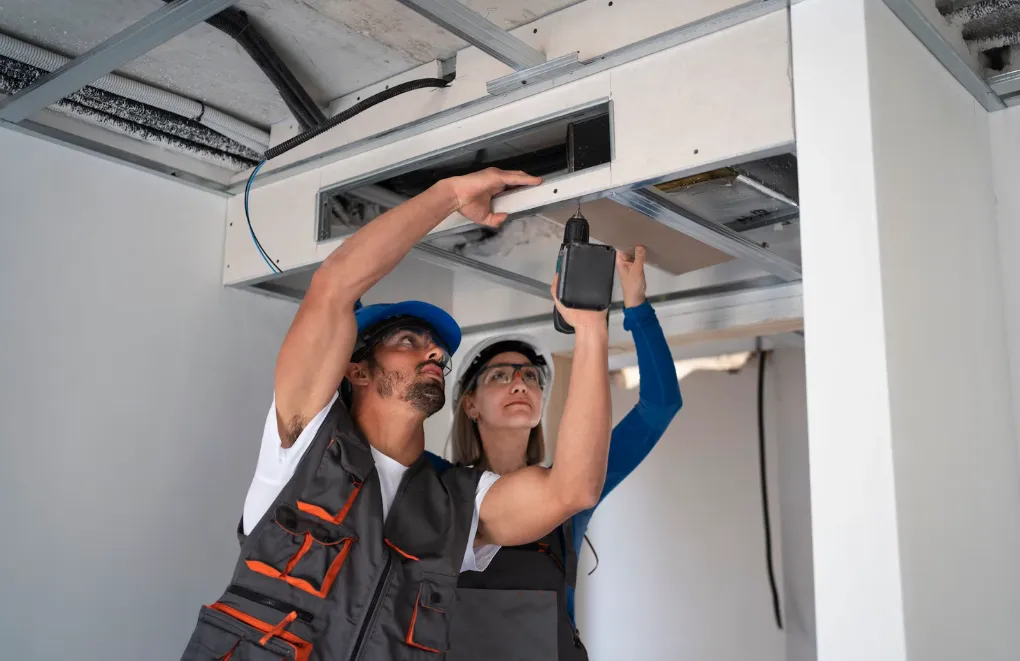
And let’s not forget ductwork. Leaky ducts cause your system to work harder, shortening its lifespan and causing your AC not blowing cold air.
2. Regular Maintenance Pays Off
Whenever a professional checks your system, you’re adding years to its life. Simple tasks like cleaning the coils and changing the filters also keep it working well.
A blocked filter makes your AC work harder, so parts wear out faster. And if your refrigerant is too low, your AC has to run longer than it needs to.
3. Not All AC Units Are Built the Same
Ever wonder if your AC is a short-term problem or a long-term partner? Start by checking the brand and build quality.
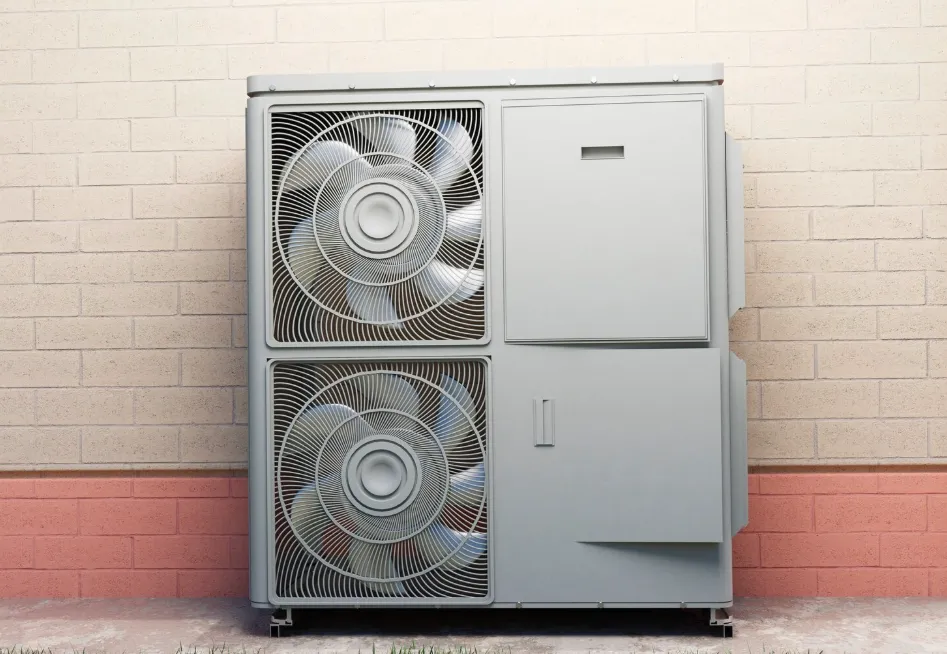
Well, you get what you pay for. Cheaper units from lower-cost manufacturers often use less durable AC unit parts. So they tend to break down years ahead of schedule.
The type of system matters, too. Heat pumps work hard all year, while central AC runs mostly in summer. Ductless mini-splits face their own unique wear and tear.
4. Your Environment
No, it’s not the same if you live in the middle of Sydney, near the coast in Perth, or up north in Cairns. Where your home sits can make a huge difference in how long your AC unit lasts.
Out in the outback, extreme heat makes your AC run non-stop until it’s tired. The sun forces it to work extra hard. In humid Brisbane, your AC fights moisture, which puts a lot of stress on the blower, drain lines, and coils.
And dust in rural areas also causes trouble by clogging AC filters and coils, making your motor work harder and wear out sooner.
5. How Often You Run Your AC
Is it really about the type of AC you buy, or is it how you use it that makes all the difference? It’s the latter. Running your AC non-stop all summer? That’s like asking them to run a marathon every day.
And those thermostat settings? If you set the temperature too extreme, your AC has to work harder and run longer.

Then there’s the stop-start cycle, turning your AC on and off like a light switch. It gives your system a jolt of stress every time. Keeping your AC running at a steady pace is much better for its inner parts.
6. Good Airflow Throughout Your Home
If you learn how AC systems work, you know it pulls heat out and sends cool air in. So, good airflow matters. Blocked vents and bad insulation make your AC work harder, which can cut its life short.
When cool air can’t flow freely, the system has to run longer just to keep you comfortable. Every extra minute it runs wears out parts more and increases the chance of repairs before it’s supposed to last.
11 Signs That You Should Replace Your Air Conditioners
If you see these signs on your AC system, it means you need to get a new unit:
1. It’s 10-15 Years Old or Older
How long do AC units last? About 15 years. So if yours is that old, it might be ready to quit. It’s a good idea to start thinking about a new one.
Manufacturers design AC systems to last about that range. Once your unit hits that age, its parts start wearing out much faster, and the chance of a major breakdown shoots way up.
2. Your Electric Bills Keep Climbing
Are your electricity bills climbing each month? An ageing air conditioner runs less efficiently, with a harder-working compressor and extra power use. Also, low refrigerant makes it run longer to reach your temperature setting.

So, when bills jump 30% to 50% over last summer, a repair may help briefly. But the reality is, an old air conditioner grows less effective every year.
3. You’re Calling for Repairs More Often
When was the last time you called for an AC repair? Was it just two months ago? And now you’re already thinking you need to call them again?
Usually, one repair a year is normal, but if you’re calling multiple times in a year, something’s wrong. Older units often have problems with contactors, AC capacitors, and fan motors.
Sure, replacing parts one by one might seem cheaper. But if you’re fixing it all the time, your AC isn’t reliable anymore.
4. Repair Cost Nears New Unit Price
Let’s say your HVAC technician is asking for 4,000 to fix a compressor. But a brand-new central AC unit costs 8,000.
Well, the rule is simple: when repair costs hit 50% or more of replacement cost, it’s time to replace rather than repair.
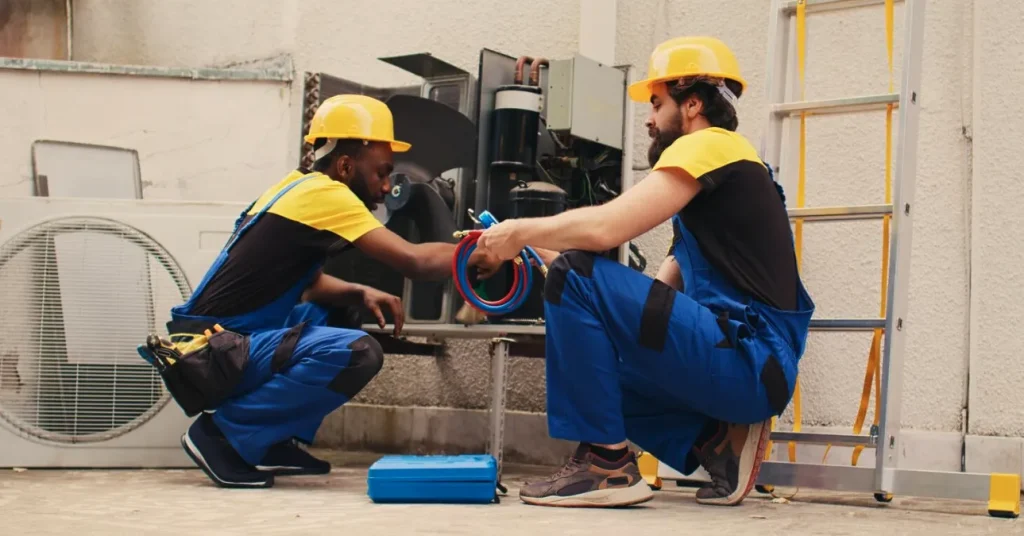
Replacing the compressor restores cooling, but the rest of your old system still has outdated parts. That refrigerant leak you just fixed? The blower motor could fail next month, then the capacitor after that.
5. Your House Isn’t Cooling Evenly
If your ducted AC keeps running but your house stays warm, something is off. Maybe the compressor is struggling, or there’s a refrigerant leak. Or it could also be leaky ducts.
You might think ducted air conditioning repair is the answer. But if you’re constantly fixing one thing after another, it’s smarter to replace the whole system.
6. Your AC Is Blowing Out Hot Air
If your AC is blowing hot air, it’s probably leaking refrigerant. When the level gets low, the system can’t absorb heat, so the compressor has to work non-stop.
That causes weak cooling and can even damage expensive parts permanently. If you ignore it, the system will eventually break down completely, and a simple fix won’t cut it.
Replacing the unit now can save you from a total breakdown and being stuck without cool air during the next heatwave.
7. You Hear Strange Noises
Your AC should run quietly. If you hear banging, grinding, or rattling, it means something inside is breaking down.
Banging usually means a loose or broken part is bouncing around in your compressor or blower. Grinding often points to metal-on-metal contact from worn-out bearings.
These sounds aren’t just annoying. They might mean your system could break down. So, it’s a good idea to call your HVAC tech and get it checked out.
8. A Major Part Has Broken
When a major part breaks, it often means your AC is done. These parts don’t fail by themselves.
A failing compressor, for example, has endured years of heat and pressure. When it finally fails, seals break, oil ages, and metal parts wear out.
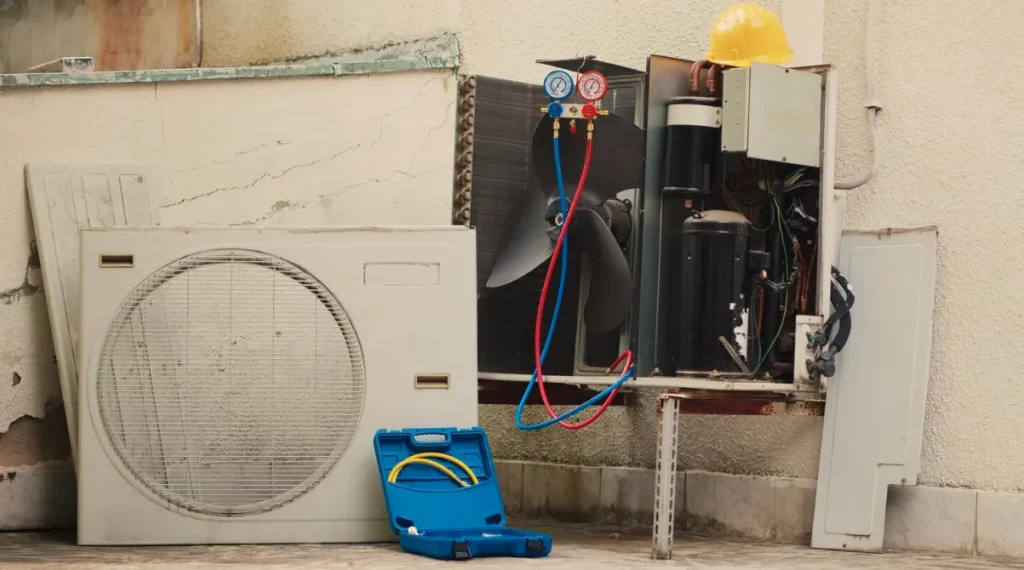
Replacing the compressor costs 2,000 to 3,500, including parts and labour. But other components, like the capacitor or blower motor, may also be worn from the strain.
9. Water Dripping Around Your Unit
A puddle around your AC means trouble. A clogged drain line often causes water to back up and spill out. If your older unit leaks all the time, frozen coils might be melting and overflowing the drain pan.
A little water outside is normal, but a constant puddle can point to a refrigerant leak. This can make ice form and melt over and over, which leads to leaks.
10. The Thermostat Fails to Control the Temperature
Is your thermostat set to 22°C, but your house stays at 25°C? If you have a ducted system with a wall thermostat and this happens, think about replacing the thermostat.
Well, the problem could be dead batteries, loose wires, or a broken sensor. A technician can test this by bypassing the thermostat.
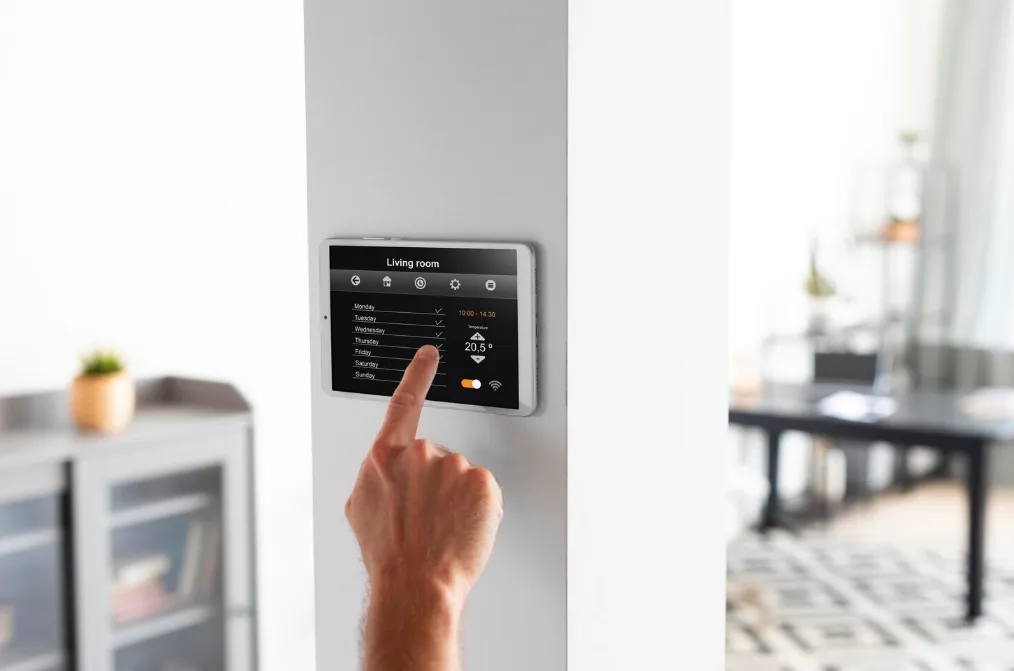
If you have a new thermostat but it makes no difference, the fault lies with the air conditioning system itself.
11. You Notice a Smell When the AC Runs
Do you notice a musty smell when your AC turns on? That’s a sign your system can no longer control moisture.
HVAC professionals refer to it as “dirty sock syndrome,” which is usually caused by mould or bacteria growing inside the system.
You can clean the system as a temporary fix. However, if the smell returns in a few weeks, your AC’s moisture control has failed. Therefore, it is time for a replacement.
FAQ about AC Lifespan
Here are some questions homeowners often ask about how long an AC unit lasts:
Is it worth repairing a 10-year-old air conditioner?
If repairs are under 50% of replacement cost and involve minor parts like a capacitor or fan motor, repair makes sense. But for major failures like a compressor or evaporator coil, replacement is smarter.
How long do air conditioners usually last in Australia?
Most Australian air conditioners last 10 to 15 years, depending on climate, maintenance, and use. In general, well-maintained central ACs can last 15 to 20 years, but neglected ones may fail after 8 to 10 years.
How much should it cost to replace an AC unit?
Replacement costs vary by system type and size. A split system usually runs between 2,000 and 8,000 to 11,000.
Which AC brand lasts the longest?
Older brands like Trane, Carrier, and Lennox built a reputation for lasting 20 to 30 years.
Meanwhile, modern systems are built more for energy efficiency. Daikin, Mitsubishi, and Fujitsu offer reliable performance. But in the end, consistent maintenance and professional installation matter more.
Do older AC units last longer?
Yes. Older AC systems from the 80s and 90s often ran for 20 to 30 years because they had heavier parts and simpler technology. Today’s units focus on high efficiency ratings and saving energy.
Conclusion
Now you know the main factors and warning signs that affect how long your AC will last. It’s up to you now. If your AC is getting old, maybe it’s time to stop patching it and just replace it.
Still not sure? Don’t try to figure it out on your own.
Call us at Lightning Bult and let our expert technicians check your system. We’ll help you find the best solution to keep your home comfortable.



